Welcome to the Global Fintech Fest knowledge base. Explore the fintech landscape through insights from a wide range of knowledge contributors from across the globe.
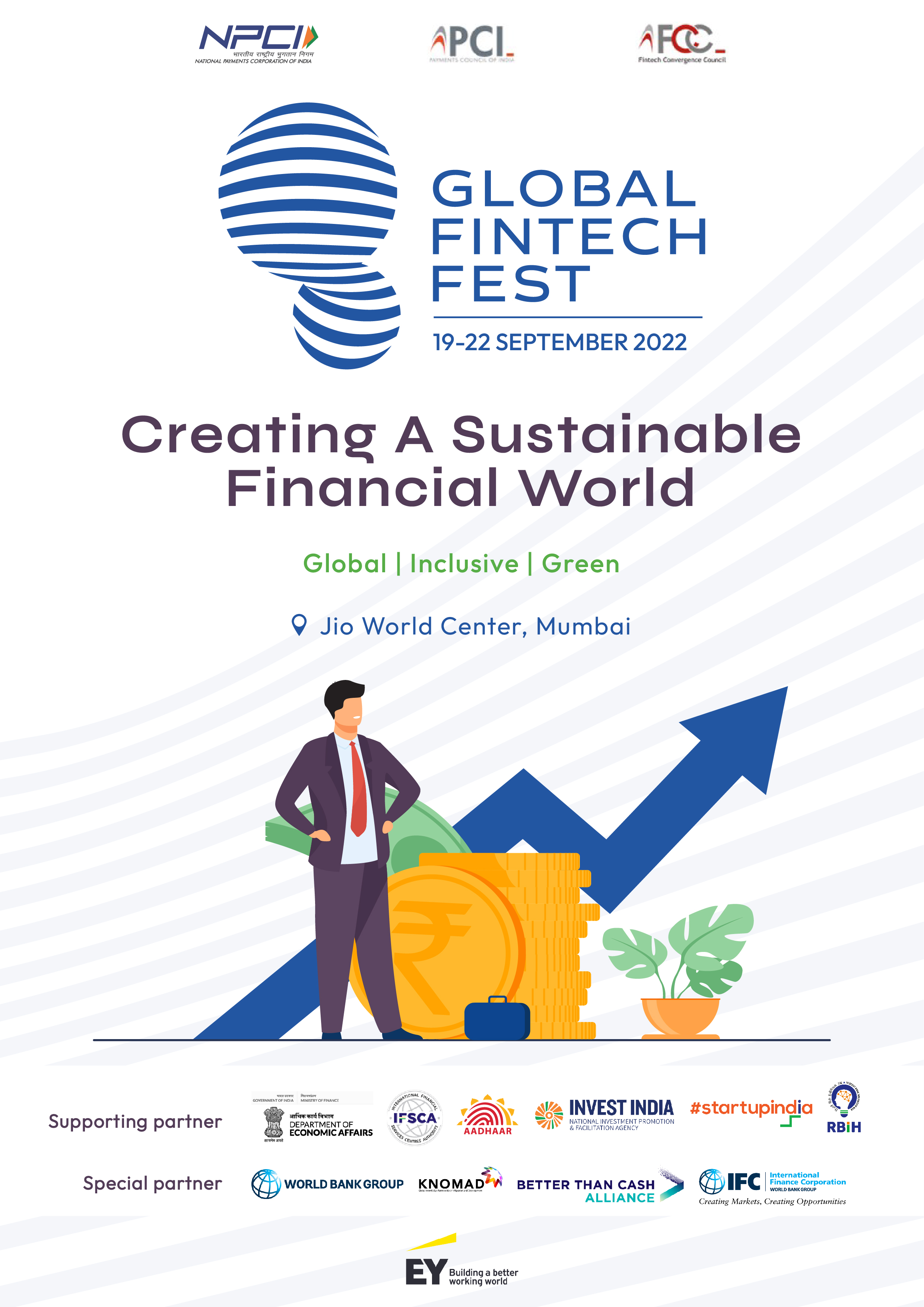
The pandemic and increased awareness for a sustainable economy have given momentum to the dialogue on the role of financial services and fintech in achieving sustainability goals. The pre-event signifies the importance of creating a sustainable financial world and various factors driving investments that are aligned with the sustainable development goals.

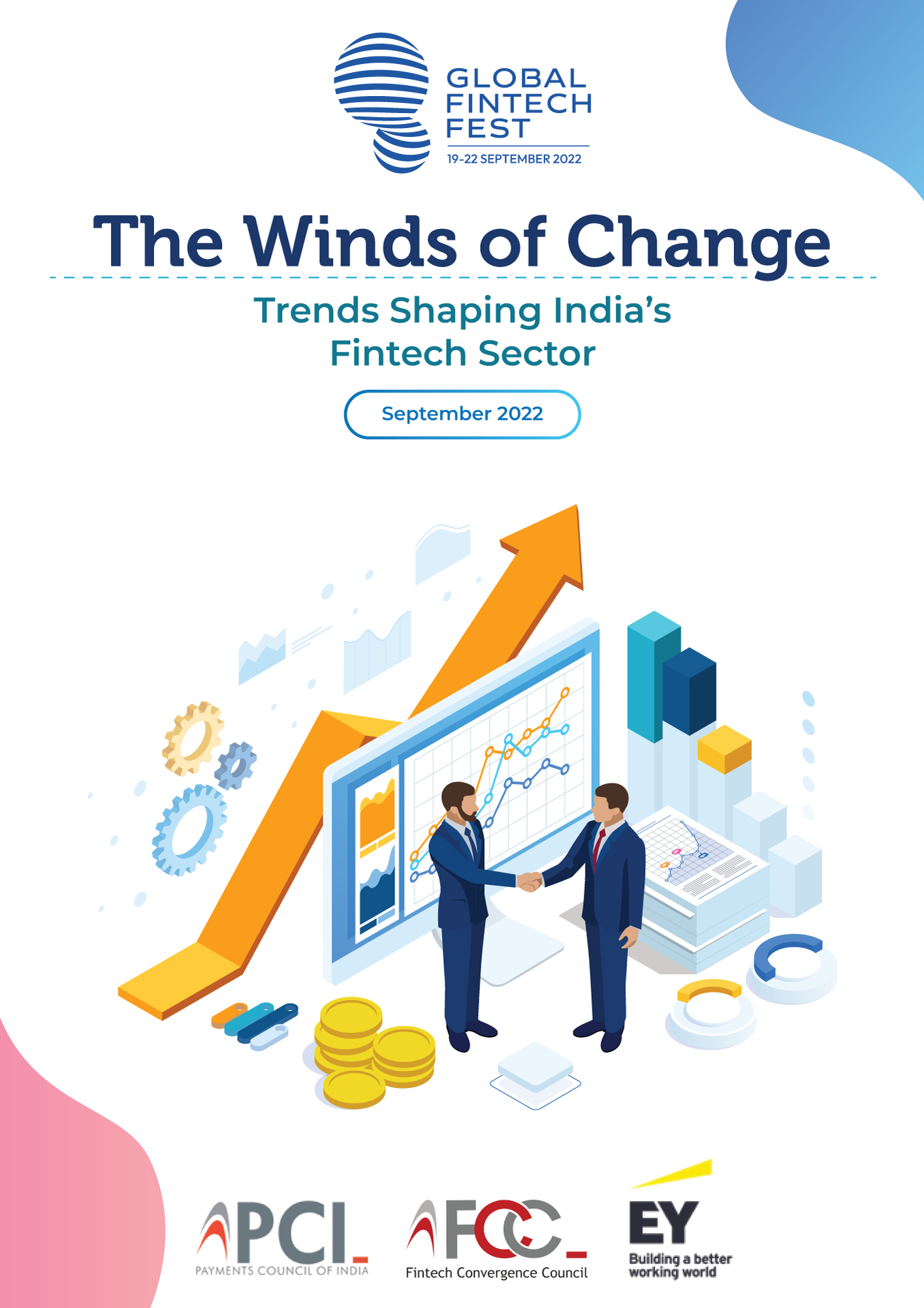
This report provides an overview of the Indian FinTech landscape, FinTech statistics (funding, startups, partnerships), and government initiatives, followed by a deep-dive analysis of the top ten trends. It covers core segments: WealthTech, Lending, InsurTech, Digital Payments, and Neobanking

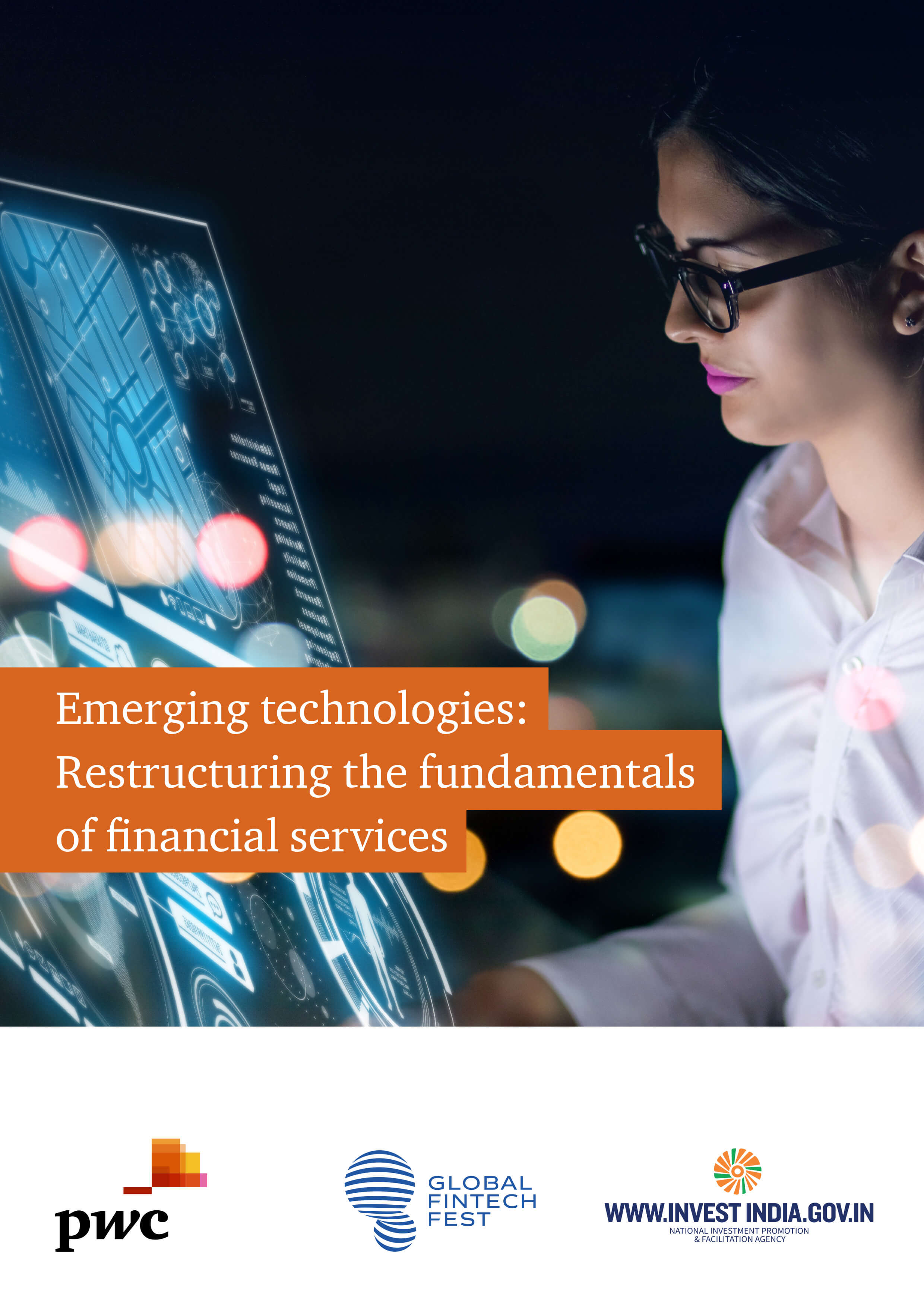
We are at the cusp of a technology revolution underlined by changing consumer expectations of a decentralized, trustless, permissionless web.This report provides an overview of the opportunity various emerging technologies namely -Web 3.0, Edge computing, and Quantum computing will have on the financial services sector; across business models, product design, and distribution. Also, the report will cover the opportunity these technologies hold for solving the last mile challenges in terms of financial inclusion.

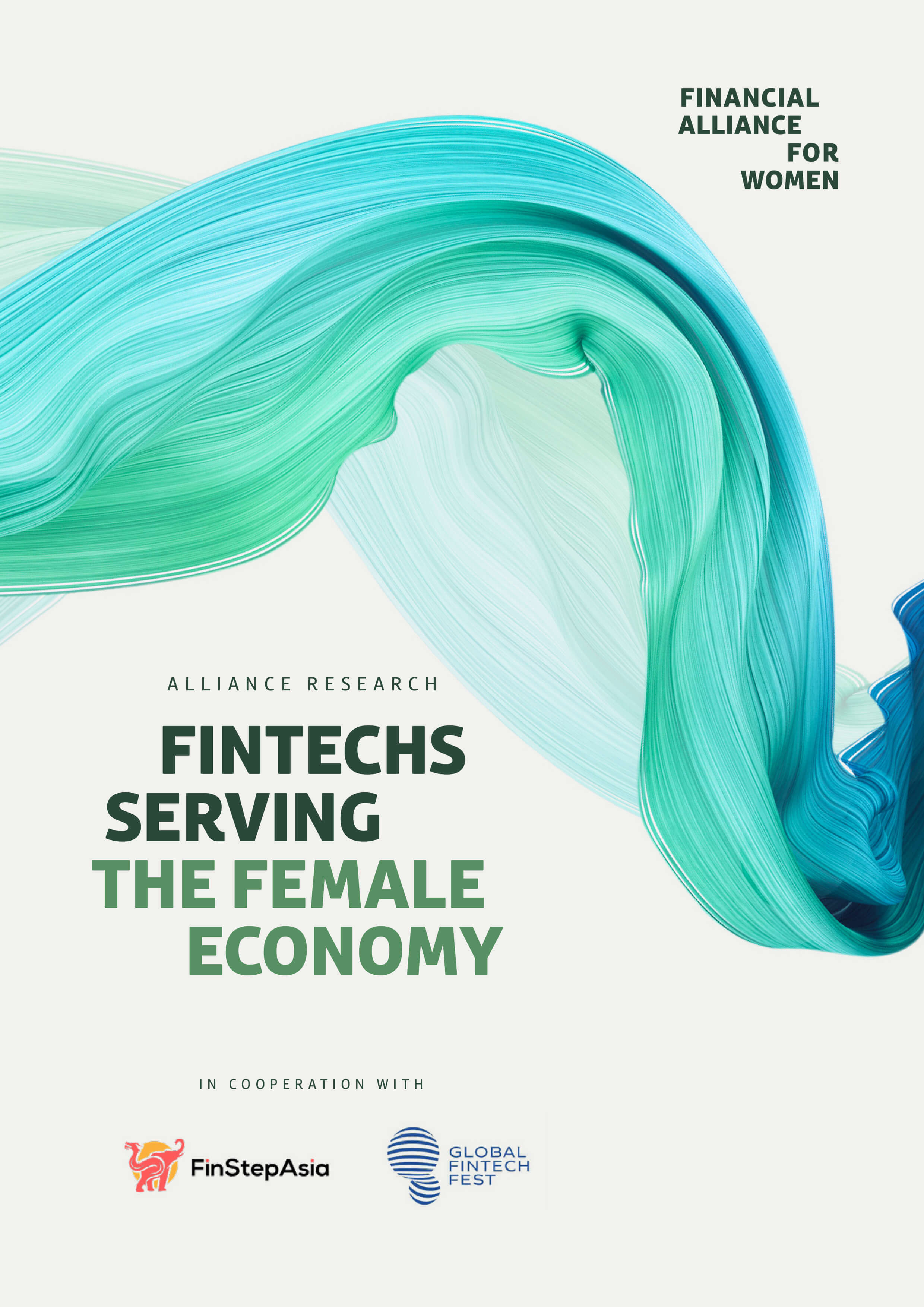
FinStep Asia, Financial Alliance for Women and GFF are delighted to come together to develop a report on "Fintechs globally catering to the women's market." This report is a first-of-its-kind thought leadership report, which will showcase fintech companies that are serving the women's market globally. The report will also present a blueprint for fintech firms on how to develop propositions to cater to the multi-trillion-dollar women's market.



The Reserve Bank of India made a revolutionary leap in India's payments ecosystem, launching a version of UPI, 123PAY, that enables payments on feature phones. The move will be an influential way forward for bolstering digital payments.

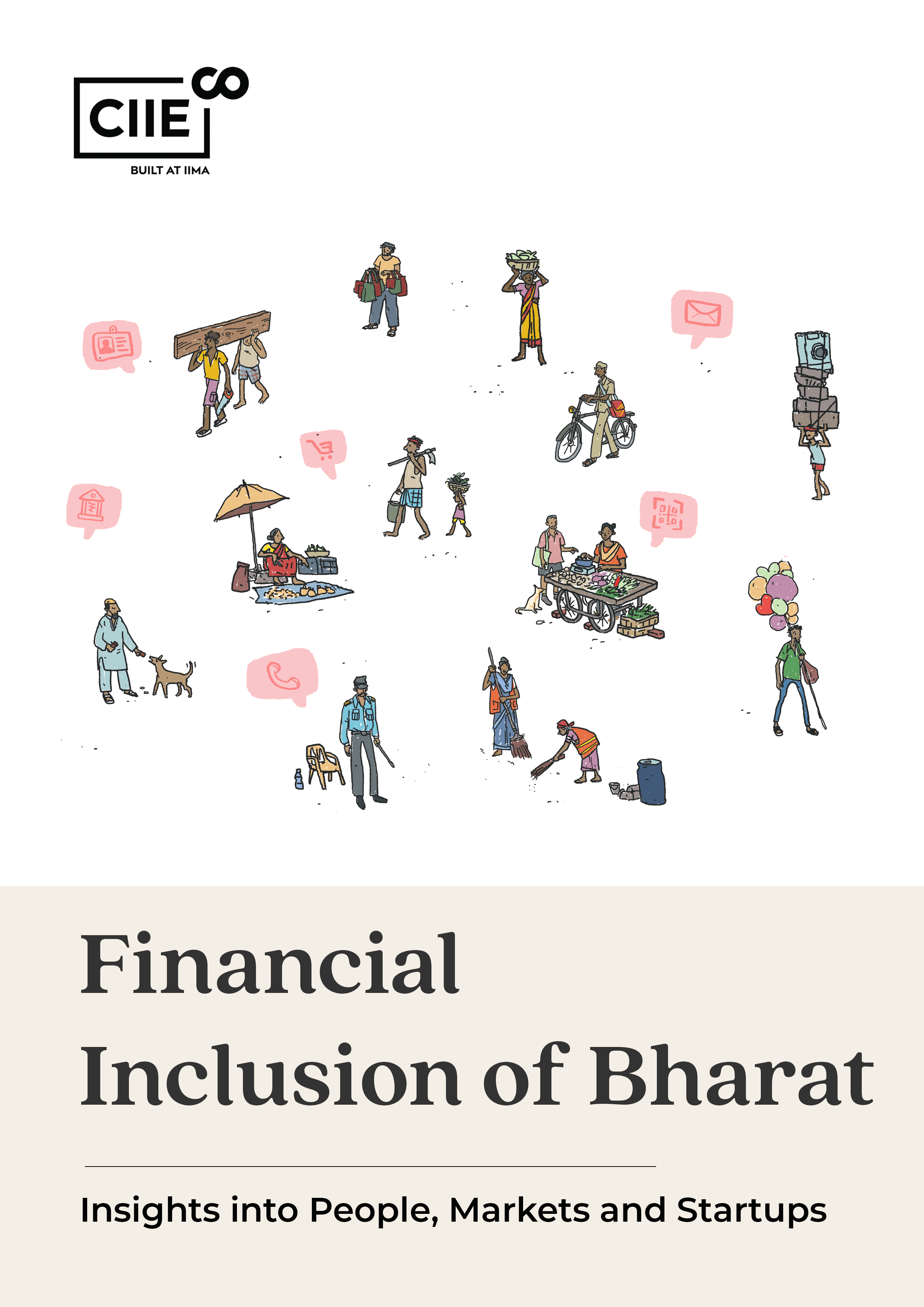
'Financial Inclusion for Bharat: Insights into People, Markets and Start-ups' is a compendium of insights from the lives of people of Bharat, extensive research studies on pressing questions about inclusion and cases that improve founders' decision-making. Featuring a variety of research forms including human stories from across the geography of India, insights and use cases based on extensive data, rigorous methods and case snapshots with focus on dilemma facing founders building financial inclusion startups, this book highlights the comprehensive research undertaken by CIIE.CO under the Bharat Inclusion Initiative. It serves as an incomparable source of insights and nuggets on the area of financial inclusion and what that means for Bharat.

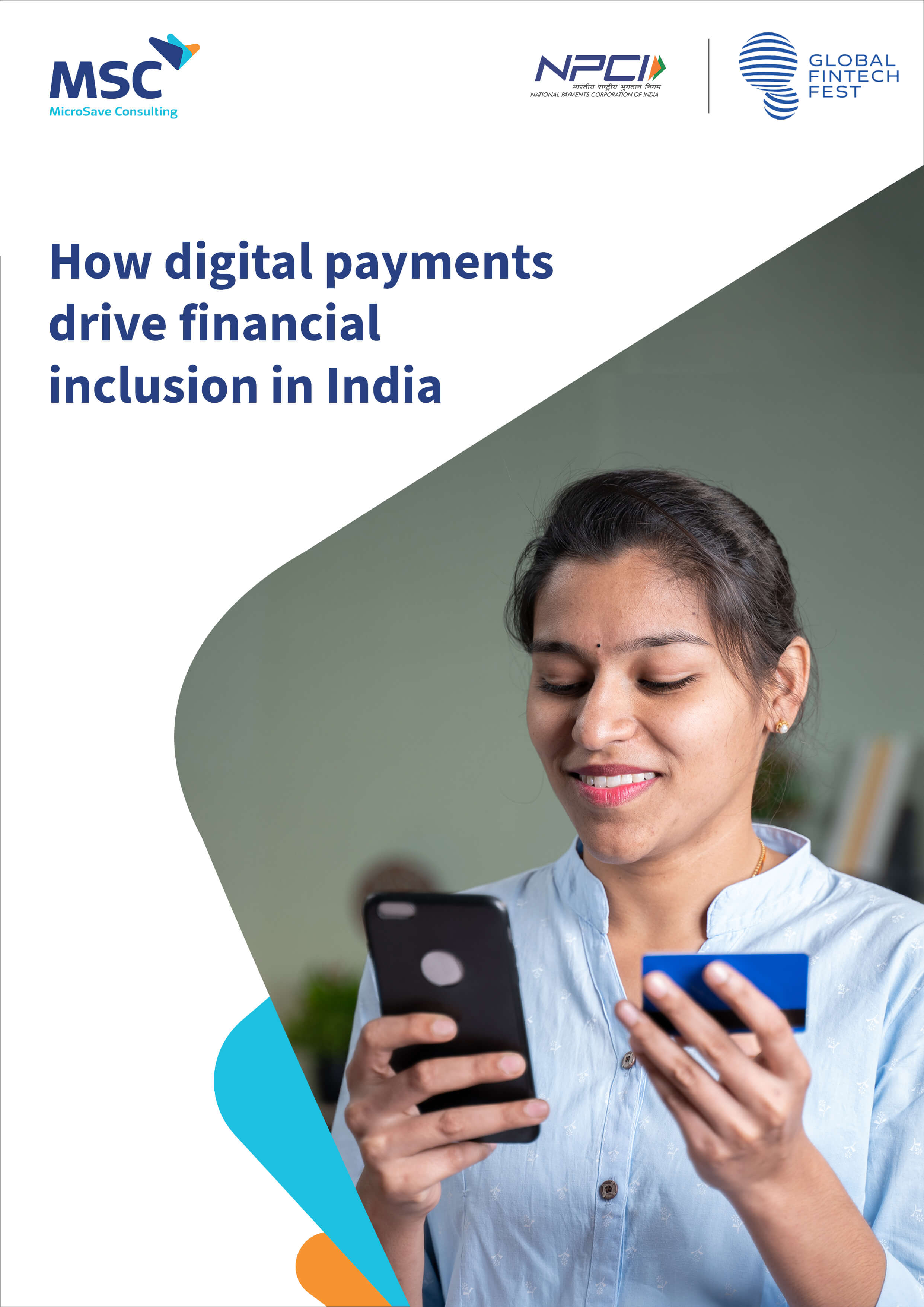
In this report, we highlight the growth story of digital payments in the country and the way forward. We look at the journey of digital payments in India, key events and entities that contributed to India's digital journey, and the different products that revolutionized the digital payments space and their performance to date.


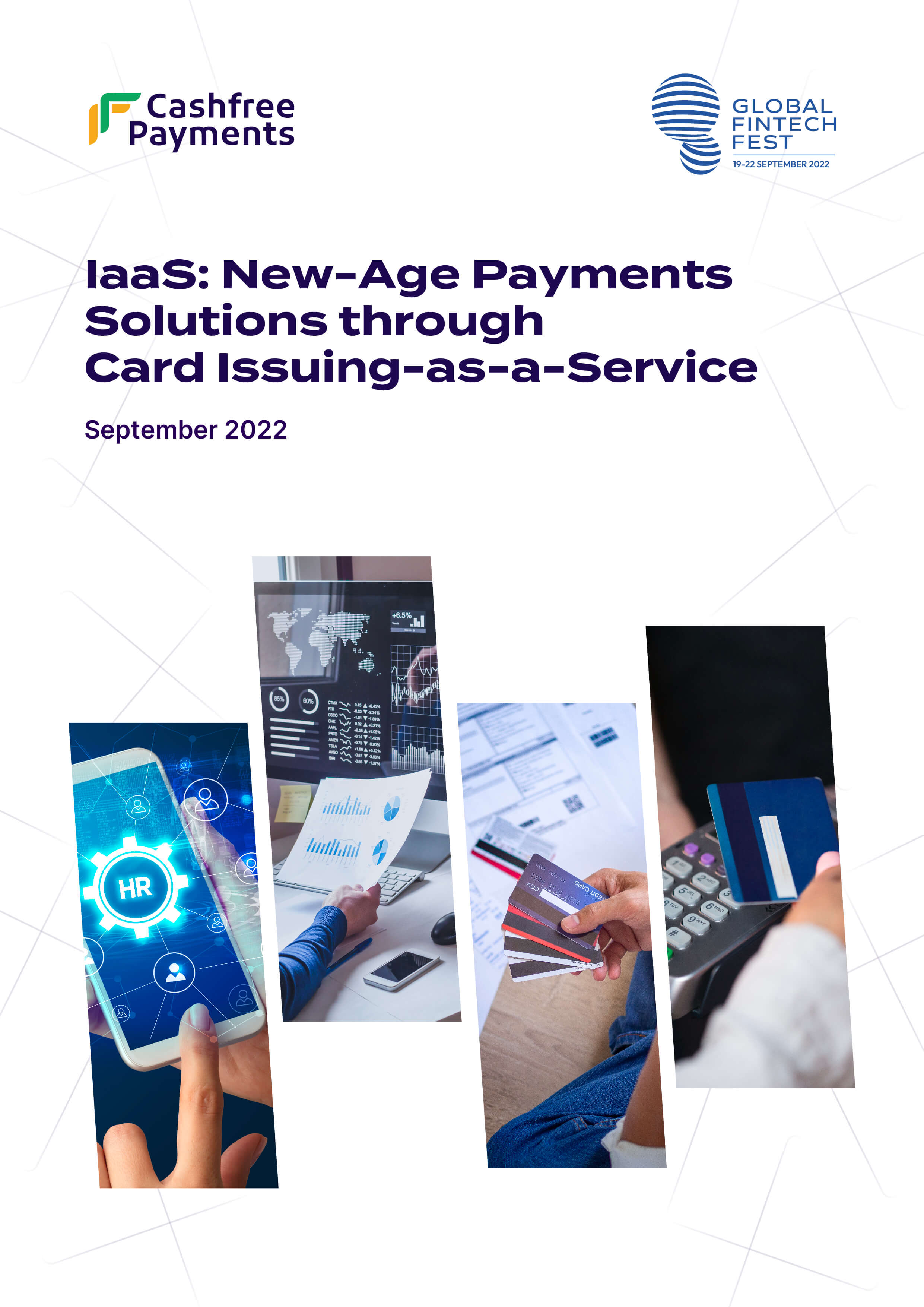
This paper explores the IaaS landscape in India. Commencing with the technology underlying IaaS, the paper dives into the different forms of card APIs, the various players involved in IaaS, the role of an IaaS platform, the specific benefits of IaaS for specific industries and the regulatory landscape, including latest RBI regulations on card issuance


Fabric of Fintech – Interwovenness of technology with finance has made transactions cheaper, faster, efficient and seamless. Indian Fintech ecosystem is charting its unique growth path and has emerged as one of the global fintech superpowers. India stack, open digital infrastructure, focus on financial inclusion, regulatory sandbox, increase in internet and smartphone penetration along with focus on consumer centric products and services have been the key drivers of growth. Indian Fintech ecosystem includes a wide range of sub-segments namely alternative lending, insure tech, wealth tech, payments, neo-banks, etc. This report talks in detail about market size, funding, opportunities, innovation, growth drivers and challenges in today’s challenging environment.

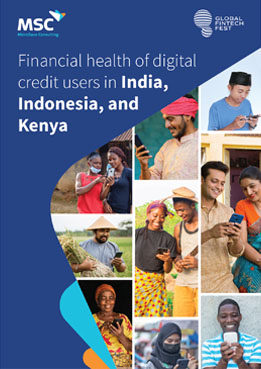
MSC conducted a deep-dive analysis of the digital credit users in India, Indonesia, and Kenya to assess the impact of digital credit on their financial health. The analysis presents the insights from the assessment and recommends actionable interventions at the level of providers, regulators, and policymakers to enhance the financial health of digital credit users.


As more sovereigns and companies look to carbon offset mechanisms and carbon credit markets to fulfil their carbon mitigation goals, technology has started playing an important role to enable these mechanisms. In this whitepaper, we review the carbon credit markets and provide insights on how technology is being deployed by both large and small firms to further develop these markets and enhance carbon mitigation.


Venture Debt is emerging as one of the preferred forms of financing for ambitious startups, where founders want to fuel growth without much dilution.In the past couple of years, multiple venture debt funds and other variations such as revenue based financing have seen unprecedented demands, however, given that overall venture debt in India stands at roughly around 3.5% of the venture capital market in comparison to a global market which stands at 10%, we still have huge untapped opportunities. This report gives a brief overview on the venture debt and revenue based financing market - trends, opportunities, growth drivers and key challenges in the space.

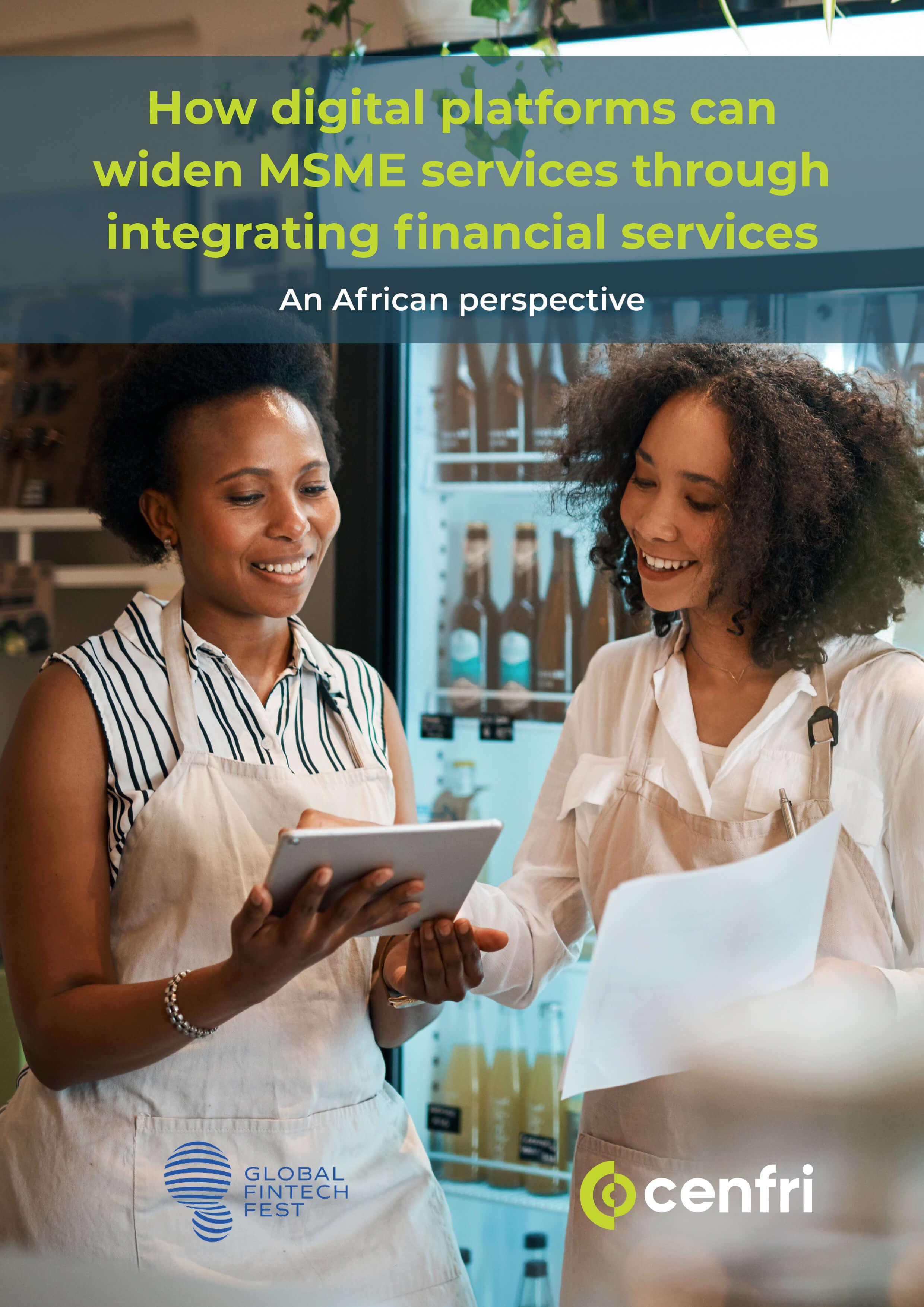
Digital platforms are successfully serving MSMEs around the world and often serve as a key aggregation point within the economy. As such, they are well positioned to transition towards fintechs by providing MSMEs with financial services. Financial services such as insurance, digital wallets, credit and savings can offer additional value to platform participants, allow for improved participation and functioning of platforms and can strengthen their resilience. This blog article will cover the business case for platforms to transition towards fintechs, supported by examples of digital platforms that managed this transition successfully.
